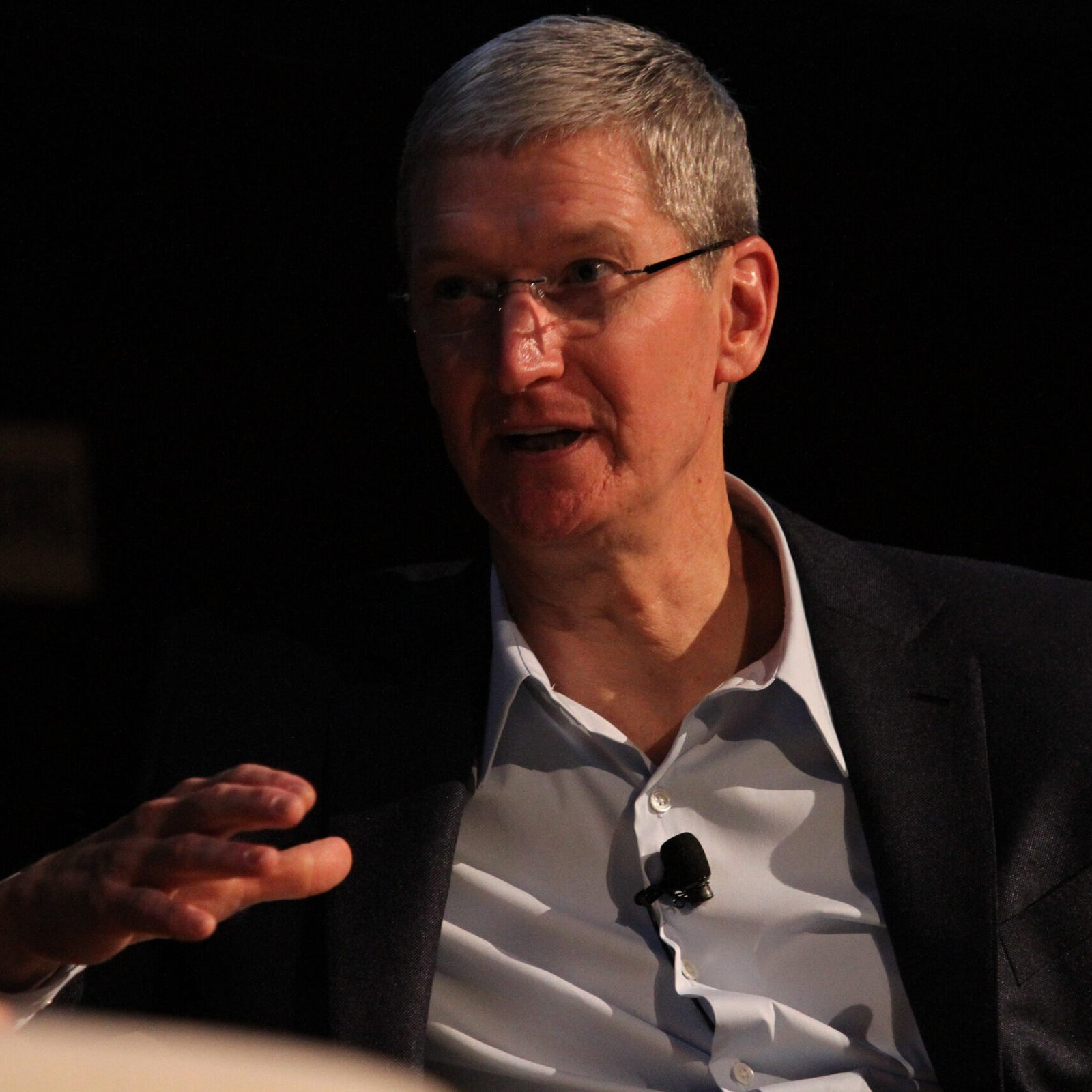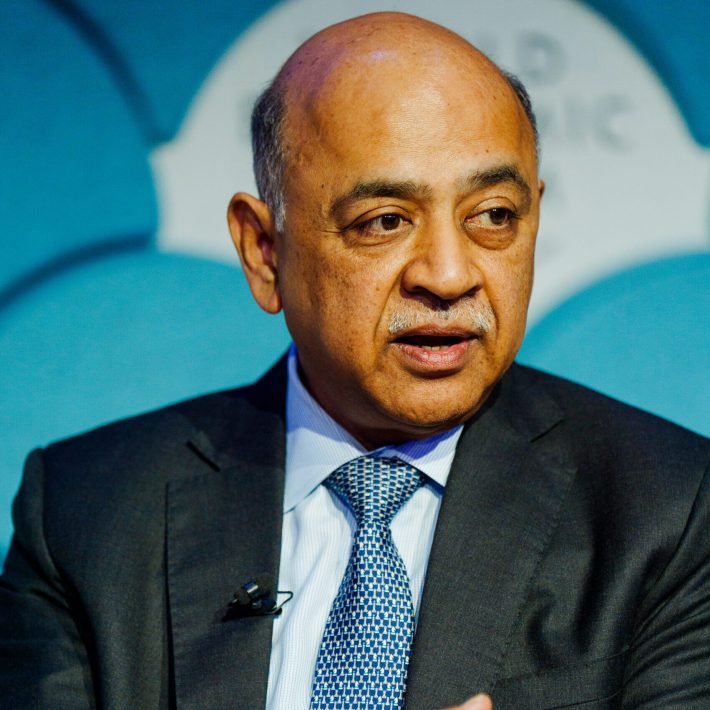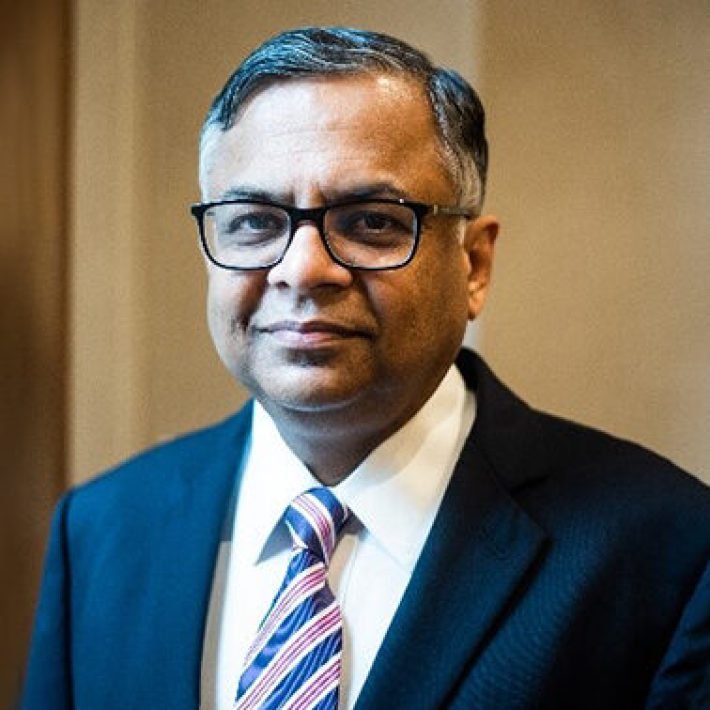Tim Cook inherited a legacy built by a legend. He responded not with imitation, but with evolution. As Apple’s CEO, he’s blended quiet resolve with bold strategy, turning skepticism into success.
By Nichola Marie
In a rare 2024 interview, Apple CEO Tim Cook reflected on a key lesson imbibed from Steve Jobs that reshaped his leadership: The power of changing one’s mind. It was from Jobs that Cook apparently learnt the importance of never staying “married” to past opinions or decisions. Cook recalled how, early in his career, he was surprised by Jobs’ ability to pivot instantly, even on issues that seemed settled. “Not to be so proud you can’t change your mind when you’re presented with new evidence,” as Cook explained. Jobs taught him not to cling to past decisions but to stay open when new facts emerge. This quality demonstrated humility as well as sharp emotional intelligence. Rooted in intuition and self-awareness, it became central to Cook’s own leadership style. In the fast-evolving tech world, Cook believes that true strength lies in adaptability, a quality Jobs mastered and one that continues to guide Apple’s decisions today. Just one of the many qualities of Cook that saw him not “just fill Steve Jobs’ shoes — he laced up his own and charted a different course,” as ‘Business Insider’ puts it.
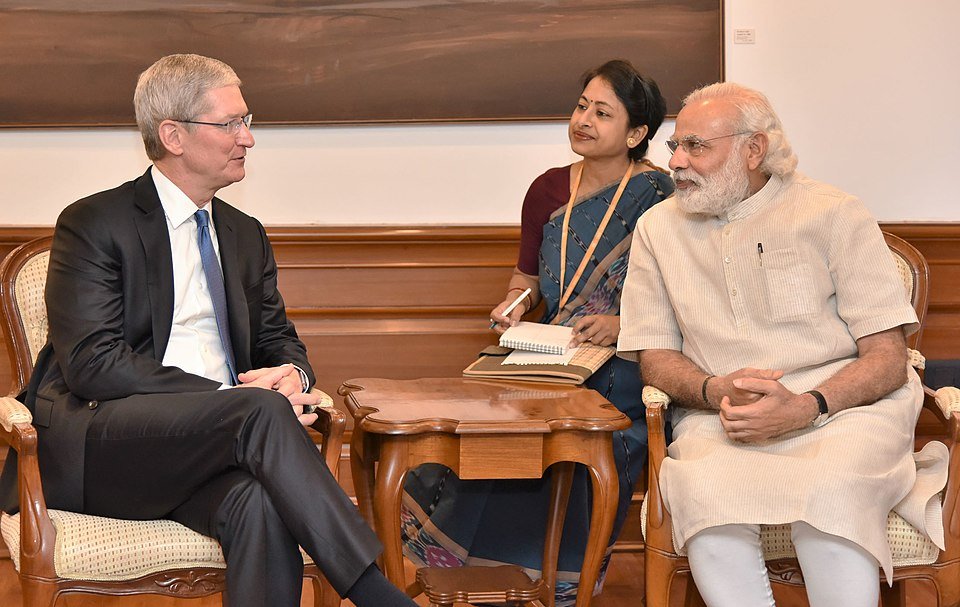
When Cook took the reins at Apple in August 2011, the shadow of Steve Jobs loomed large. Cook, a quiet, process-driven executive, was stepping into the shoes of a man revered as a visionary, inventor, and showman. Many questioned whether he could lead Apple without diluting the company’s distinctive magic.
Over a decade later, those doubts were completely silenced. Under Cook’s stewardship, Apple launched new categories like the Apple Watch, AirPods, and Apple TV+, and transformed into a services-and-hardware powerhouse. Its market cap soared to nearly $3 trillion, making it the most valuable company on earth. The course that Cook charted has taken Apple to unimagined heights.
From Small Town To Silicon Power
Born Timothy Donald Cook in 1960 in Mobile, Alabama, he was raised in the nearby town of Robertsdale. His father worked in a shipyard and his mother held a job at a local pharmacy. Cook’s upbringing was modest, a world away from the glitz of Silicon Valley.
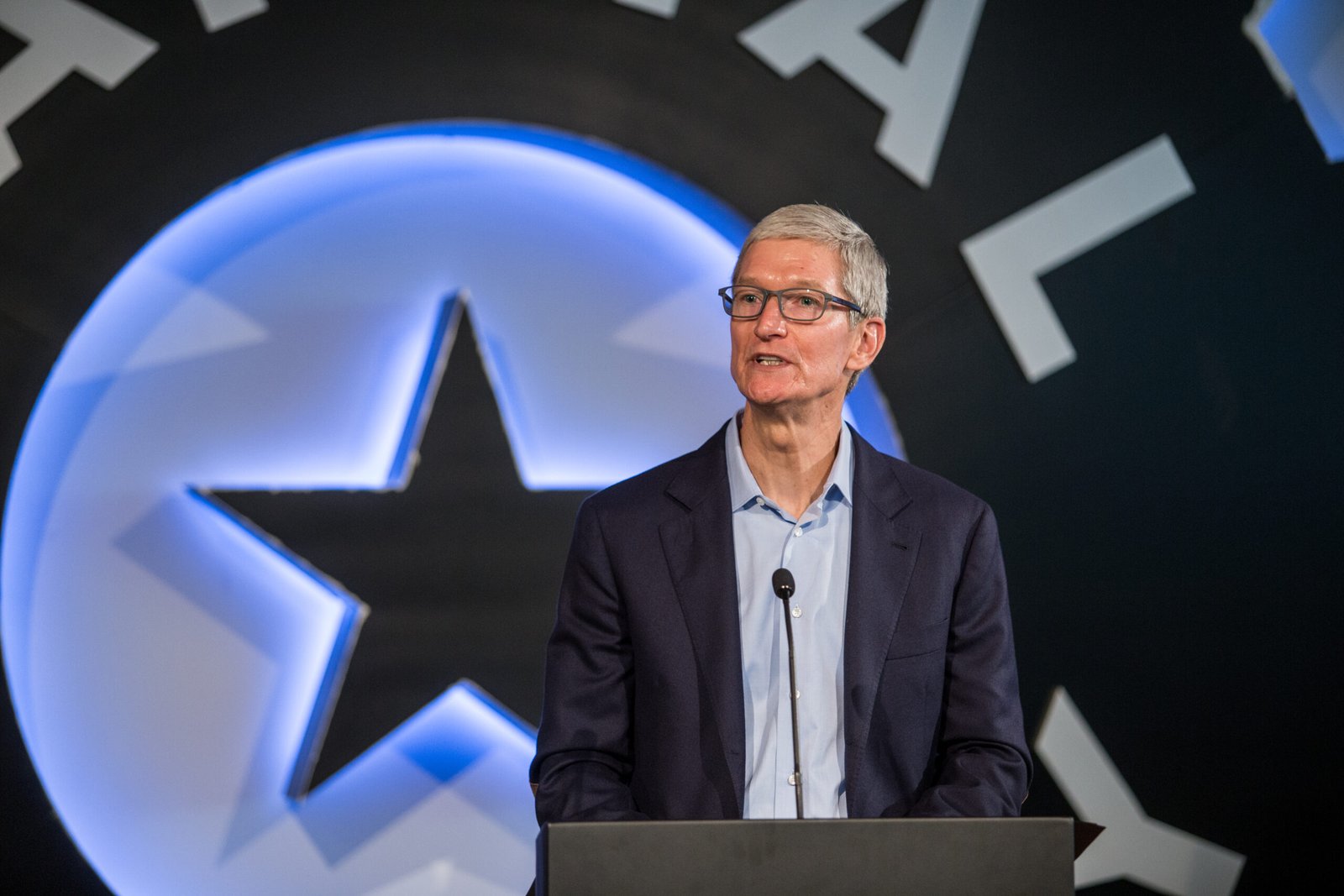
After earning a degree in industrial engineering from Auburn University in 1982, Cook joined IBM, where he would stay for 12 years. It was while juggling his demanding job that he pursued an MBA from Duke University, attending night classes to get ahead.
A misdiagnosis of multiple sclerosis in 1996 marked a turning point. It altered his worldview, deepened his appreciation for health and time, and helped shape the low-profile, high-discipline lifestyle he’s now known for. Fitness became a personal priority.
Cook eventually left IBM for a leadership role at Intelligent Electronics, and later moved to Compaq as Vice President of Corporate Materials. But his time there would be short-lived — Jobs had recently returned to Apple and was assembling a new leadership team. Drawn to the challenge despite Apple’s precarious reputation, Cook signed on in 1998 as Senior Vice President of Worldwide Operations.
At the time, joining Apple seemed like a gamble. The company was struggling, and many believed its best days were behind it. As ‘Business Insider’ described, “Cook joined what many considered a sinking ship — and helped transform it into a luxury liner.”
The Logic Behind The Leap
Cook’s early contributions at Apple were game-changing. He shut down Apple’s in-house factories and warehouses and pivoted to contract manufacturing, a move that drastically improved production efficiency. His foresight was evident in 2005 when he secured long-term flash memory deals, ensuring Apple had a steady supply of components that would later power the iPhone and iPad.
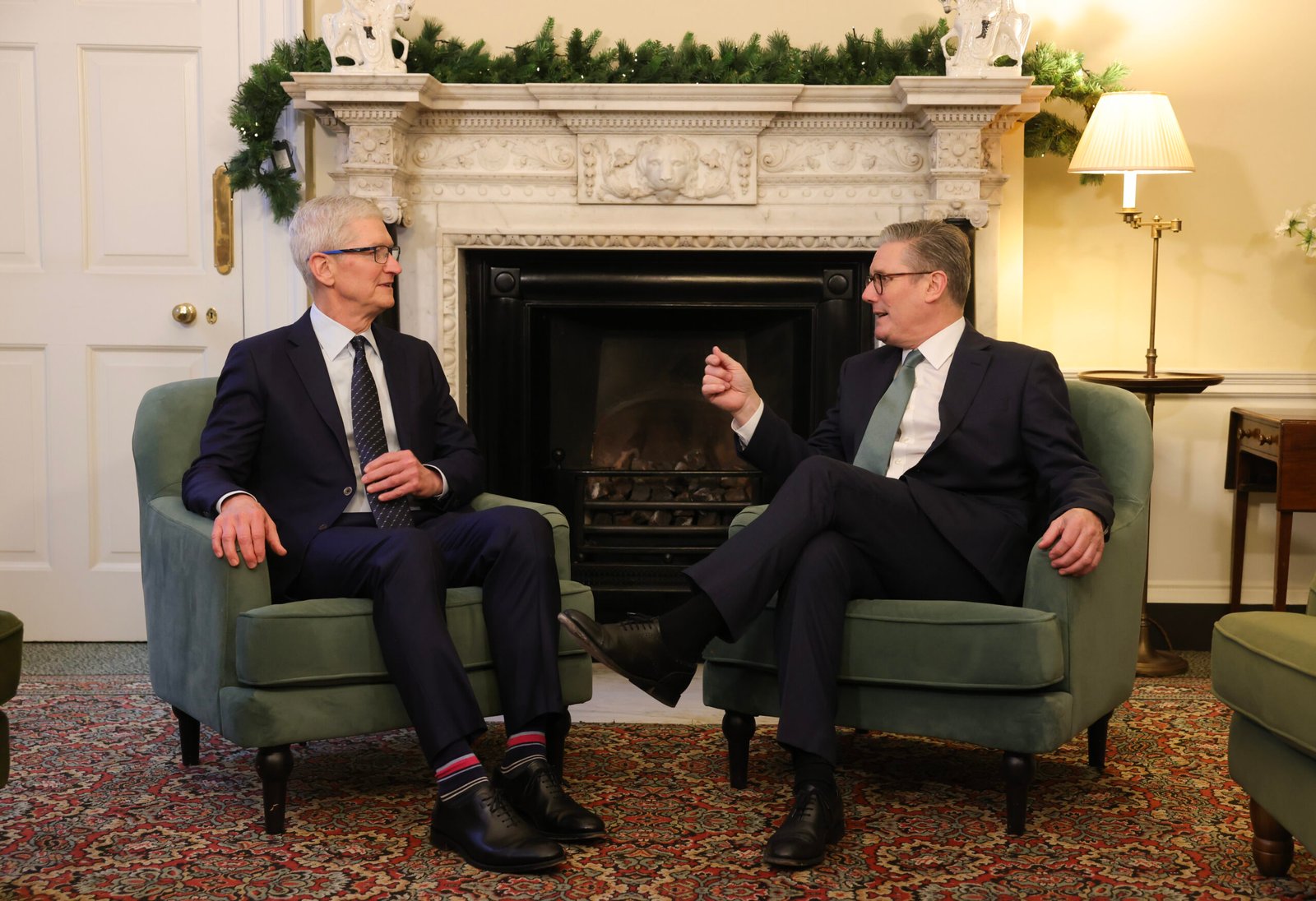
He rose quickly through the ranks, becoming known internally for his intense work ethic, rigorous attention to detail, and marathon meetings. Cook was relentless in questioning, laser-focused on logistics, and famously emailed employees at 4 a.m. — often expecting replies within the hour!
Even missteps became learning opportunities. The Power Mac G4 Cube, which Cook once called an “engineering marvel,” was a commercial failure. It did, however, teach him a critical lesson in intellectual humility. “You’ve got to be willing to look yourself in the mirror and say, ‘I was wrong, it’s not right’,” he told students at Oxford University in 2017.
By 2007 — the year the iPhone debuted — Cook had become Apple’s Chief Operating Officer. He was now central to the company’s operations, and his role gradually extended to public-facing responsibilities, building trust with investors, partners, and customers alike.
Coming Into His Own
In 2009, with Steve Jobs battling pancreatic cancer, Cook stepped in as interim CEO. He offered Jobs a portion of his liver — they shared a rare blood type — but Jobs refused the gesture. That moment revealed the depth of their bond, even as Cook prepared for the inevitable leadership transition. Jobs formally resigned in August 2011. Weeks later, he passed away. Cook, now officially CEO, honoured his mentor by flying Apple’s campus flags at half-staff.
Though prepared for the role, Cook admitted to feeling unready for the emotional weight of leading Apple after Jobs. Speaking at Stanford’s 2019 commencement, he reflected, “Mentors can leave you prepared but not ready.” In the wake of Jobs’ death, Cook realised his task wasn’t to mimic his predecessor, but to be the best version of himself.
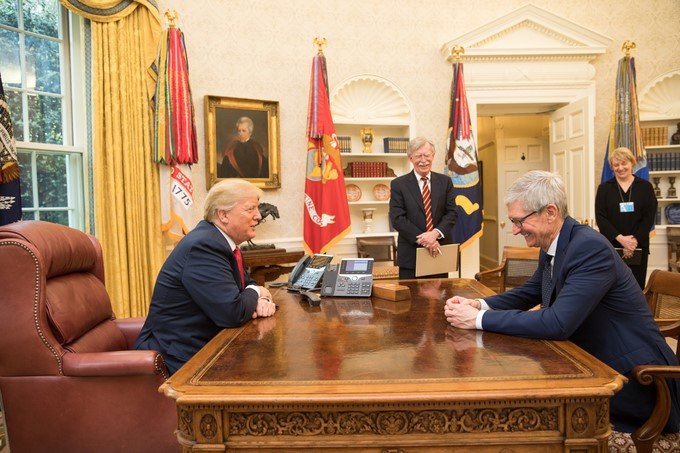
That meant evolving Apple’s culture while preserving its design ethos and obsessive attention to detail. He retained Jobs’ belief in making products with “care and love.” These values, Cook believes, still pulse through the company’s DNA.
Redefining Apple
Cook’s Apple has expanded far beyond its hardware roots. In 2014, he made headlines for reasons beyond tech — he came out as gay in a public editorial in Bloomberg Businessweek, becoming the first openly gay CEO of a Fortune 500 company.
Under his leadership, Apple has diversified its iPhone lineup, introduced game-changing accessories like AirPods, and debuted the Apple Watch — Apple’s first major product release in the post-Jobs era. Subscription-based services such as Apple Music, Apple TV+, and iCloud have also become core revenue drivers.
In 2023, Cook unveiled the Vision Pro headset, a bold leap into mixed reality. Touted as the “most advanced personal electronics device ever,” the $3,499 headset featured 12 cameras and a unique “Eyesight” system that lets people see the wearer’s eyes — a novel twist in augmented computing.
Apple has weathered significant executive departures during Cook’s tenure, including design legend Jony Ive, retail chief Angela Ahrendts, and marketing head Phil Schiller. Yet the company’s trajectory has remained steady — Apple’s market value tripled since 2018.
The Road Ahead
Cook’s success has translated into considerable personal wealth — he became a billionaire in 2020 when Apple surpassed a $2 trillion market valuation. Yet, unlike many tech CEOs, he eschews extravagance. He lives in a relatively modest $2.3 million home in Palo Alto, avoids flashy vacations, and owns neither a yacht nor a private jet.
He’s also committed to philanthropy, having pledged to donate most of his fortune. Quietly influential, deeply principled, and unafraid to lead with empathy, Cook represents a new kind of tech leader — one who values long-term impact over ego or headlines.
Looking ahead, Cook envisions Apple at the forefront of emerging technologies such as augmented reality, health innovation, and artificial intelligence. Central to his approach is the seamless integration of hardware, software, and services to create unified, intuitive user experiences. He is equally focused on expanding Apple’s reach in emerging markets and exploring new product categories to fuel sustained growth.
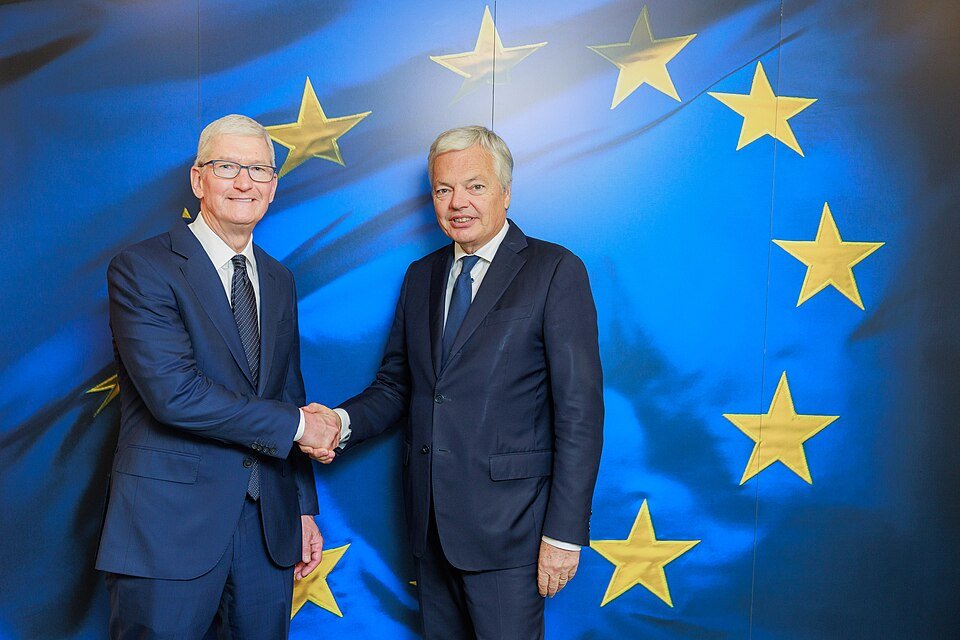
His leadership has been defined by strategic clarity, operational excellence, and a strong commitment to ethics and social impact. Cook has not only upheld Apple’s spirit of innovation but also guided it toward a broader global relevance and sense of responsibility. As Apple continues to evolve, his influence on both the company and the wider tech landscape remains profound.
Apple’s future is still closely tied to its vision. While the element of surprise may no longer drive product launches as it once did, Cook’s strength lies in building ecosystems, leading with discipline, and navigating the global stage with quiet authority. Once seen as an unlikely successor to Jobs, Cook has not just defied expectations — he has redefined what it means to lead Apple.
Awards & Honours
• Financial Times Person of the Year (2014)
• Ripple of Change Award (2015)
• Fortune’s World’s Greatest Leader (2015)
• Alabama Academy of Honor: Inductee (2015)
• Human Rights Campaign’s Visibility Award (2015)
• Honorary Doctor of Science from the University of Glasgow (2017)
• Courage Against Hate award from Anti-Defamation League (2018)
• Honorary Master’s degree in Innovation and International Management from the University of Naples Federico II (2022)
Did you know…?
• Cook and Jobs didn’t share much in common, except for a fondness for the rock-and-roll greats of the 1960s.
• His ideal vacation? Hiking in Yosemite National Park.
• Apple has produced a Formula 1 movie starring Brad Pitt, with Lewis Hamilton as a co-producer and racing advisor. Called ‘F1: The Movie’, the big-budget film has delivered the studio its first box office hit. A proud Cook has personally praised Hamilton and the film team, calling the film “a must-see.” Apple used its own tech — like iPhones and custom cameras — inside real F1 cars to capture fast, thrilling race footage, bringing an immersive feel to the film.
• iPhone production in India is surging. In May 2025, production reached over ₹ 15,000 crore, matching 2024’s domestic consumption.
